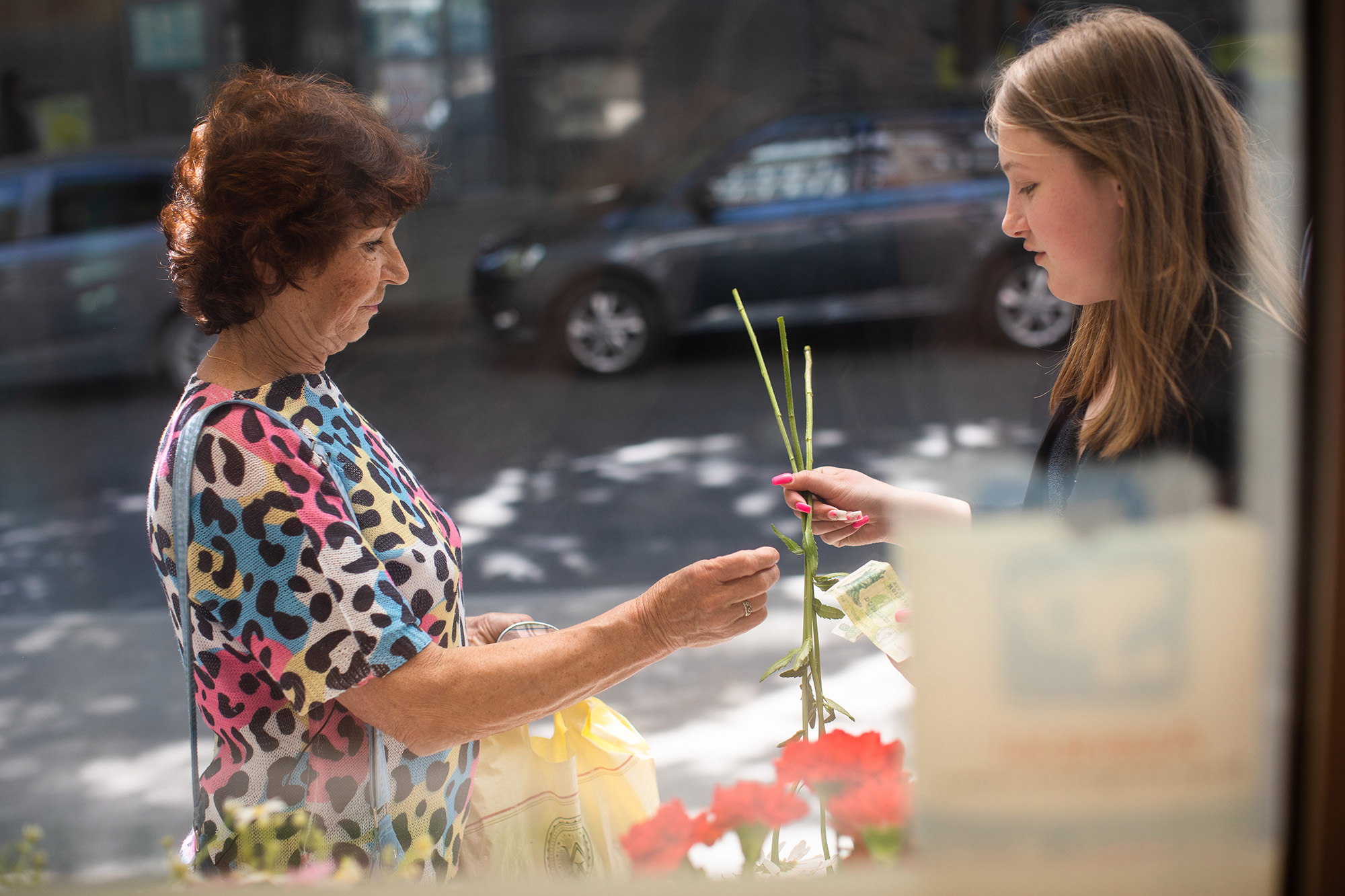Zinaida, a refugee from Ukraine: “since I have been learning Romanian, I feel I am part of the community”
Several refugees from Ukraine settled in Moldova learn Romanian, with support of EU and UNDP
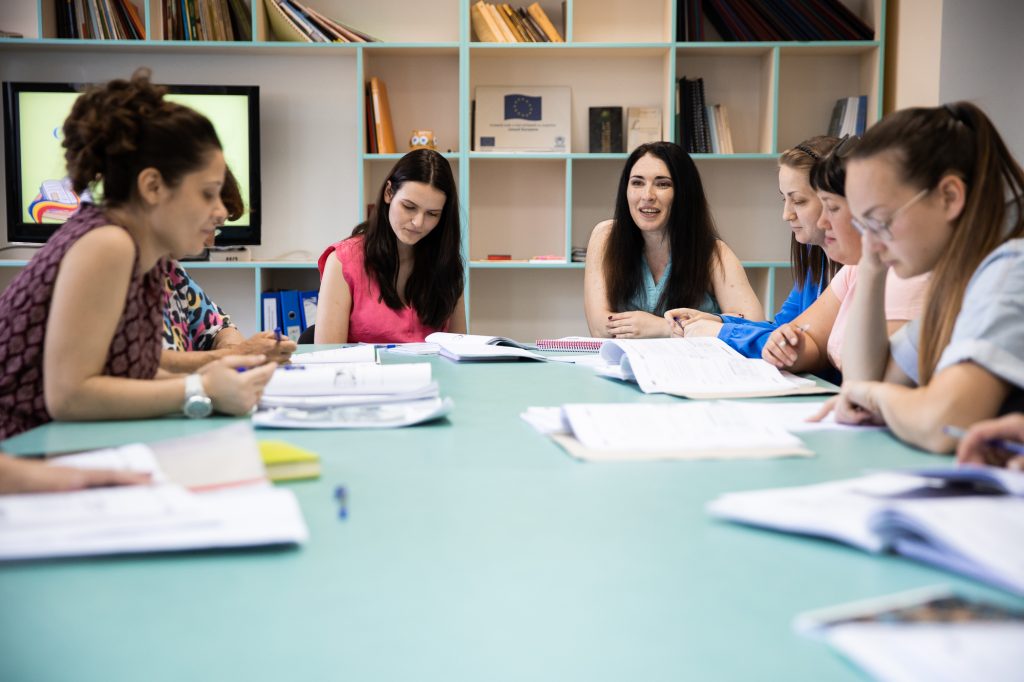
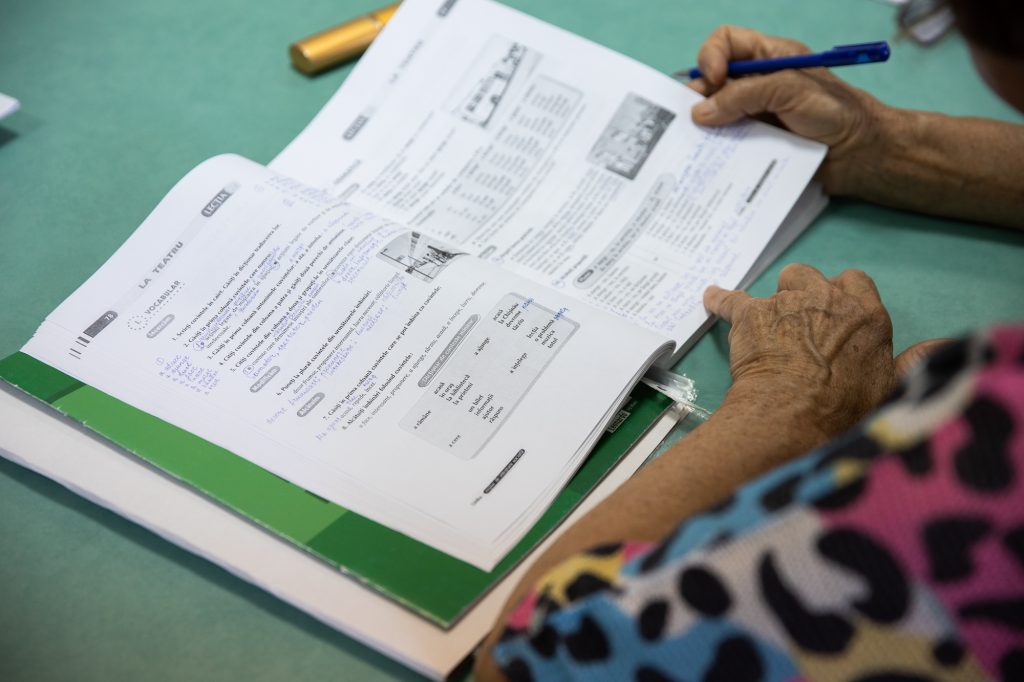
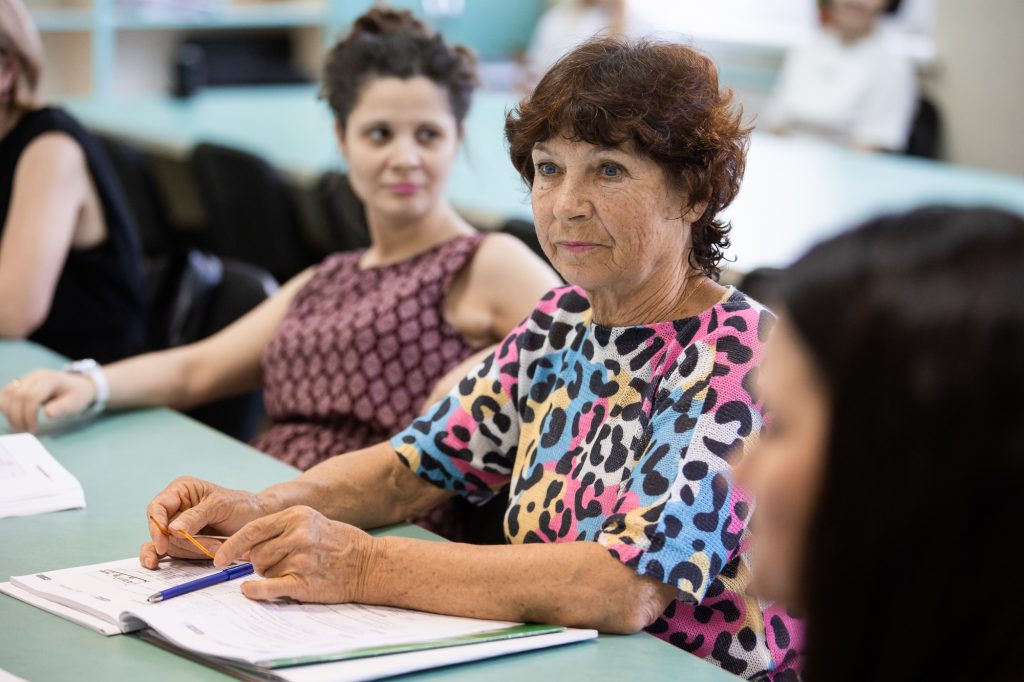
Before the teacher finishes asking the question, several hands are raised – “Moldova is the country that welcomed us”, “Moldova is beautiful and its people are good”, “I feel at home in Moldova”. The class that just ended was interactive and interesting. In class, the women talked about Moldova, its culture, and traditions, using all the information they have learned since March, when they started learning Romanian.
The European Union (EU) and UNDP, as part of the “Mayors for Economic Growth” initiative, organised Romanian language classes in Bălți and Comrat, both in person and online
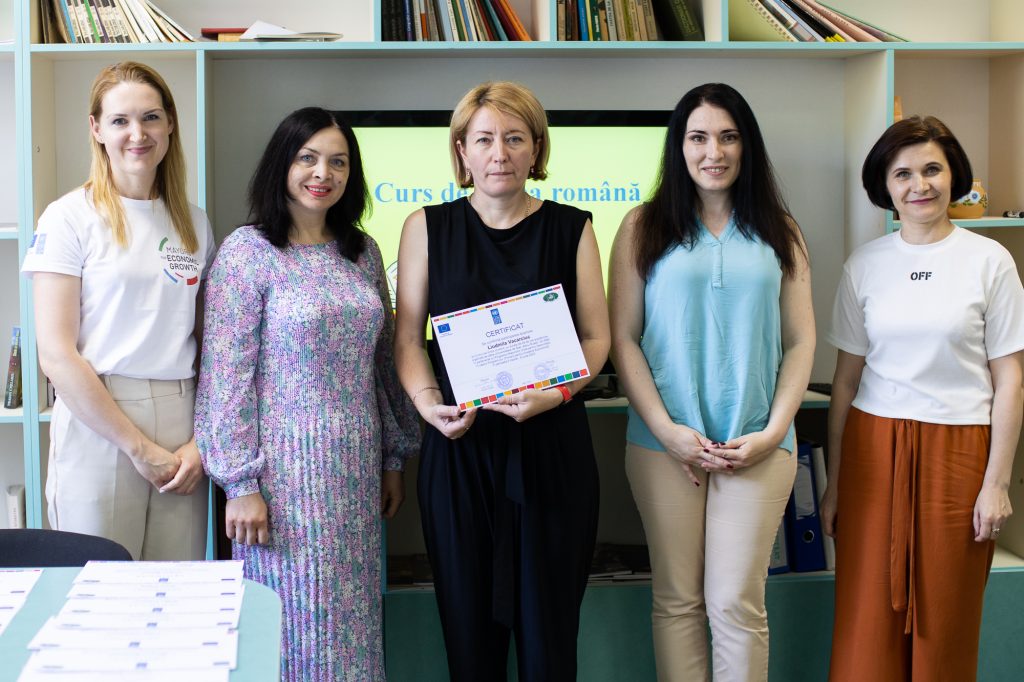
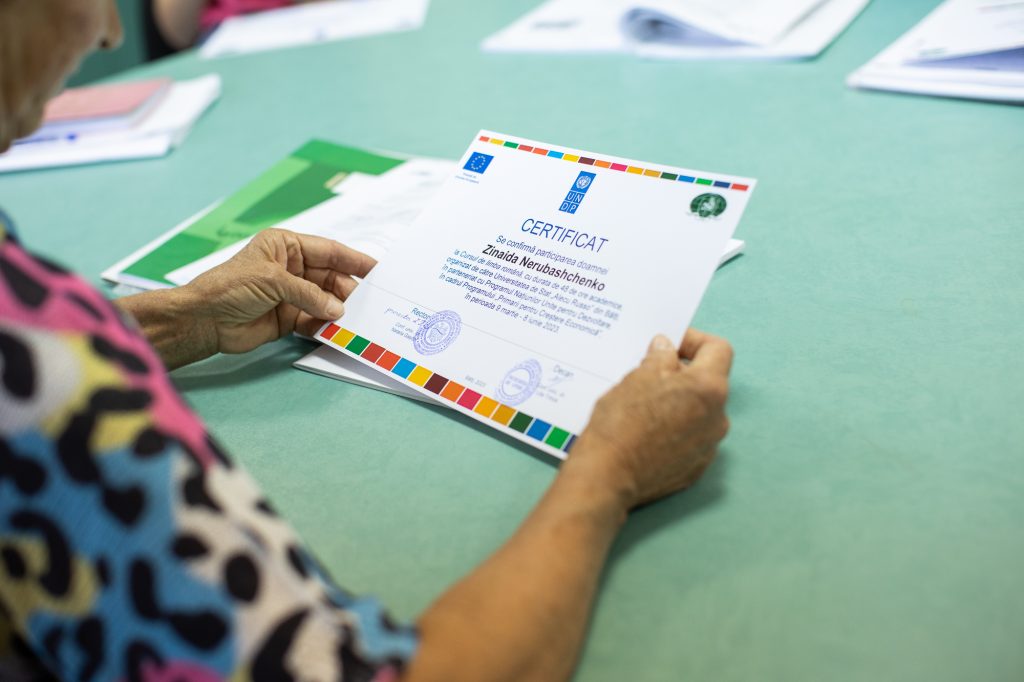
“UNTIL THEN, I ONLY SAW SUCH SCENES ON TV AND IN MOVIES”
Zinaida Nerubașcenco (70) has been living in Bălți municipality for more than a year, having fled from the Donbass region of Ukraine. She left her home with the bare necessities only, packed in a small suitcase.
“The war in Donbas has been going on since 2014, so we have been living with this tragedy for many years. But on 24 February 2022, shootings and explosions have intensified, planes came flying. It was frightening. That is why I decided to leave. In Kramatorsk (a town in the Donbass region) there was shelling on that day, people died. People panicked and went away not knowing where they would go. Until then, I only saw such scenes on TV and in movies,” she says.
She remembers with warmth how she was welcomed in Moldova
“We were welcomed everywhere, even at customs we were offered water, food and tea. I saw a lot of empathy. We were received in Bălți in exactly the same way, we benefited from several types of aid, including from international organisations. The attitude of Moldovans is very good, welcoming”.
.jpg?auto=webp)
“THE CLASSES HELPED ME OVERCOME FEAR AND ANXIETY”
She did not hesitate a moment when she learned about the Romanian language classes and was among the first people to enrol. She started to read in Romanian from the very first class, and she already understands roughly what people are talking about in the street.
“The programme was very interesting for me – I also learned a lot about Moldovan culture and identity, about traditional garb, elements of the national history, about the ‘Casa mare’, about holidays, such as Easter. At the same time, the classes helped me overcome fear and anxiety. When someone is busy and learns something, she or he has no time for negative thoughts,” says Zinaida.
The Romanian classes also helped her to integrate into other interest groups – for example, a sports club and a drawing club.
.jpg?auto=webp)
.jpg?auto=webp)
In early June, Zinaida and other beneficiaries completed the Romanian language course. Everyone went home with a graduation diploma, with a basic knowledge of Romanian, but also with a firm decision to continue to learn the language of their host country.
.jpg?auto=webp)
“I FEEL FREER AND MORE CONFIDENT NOW”
Another student taking Romanian language classes, Sofia Prisăcari, comes from the Ukrainian city of Ivano-Frankovsk. She is 23 years old and has been living in Bălți for two years, after marrying a Moldovan citizen. Her parents, sister and brother remained in Ukraine.
.jpg?auto=webp)
.jpg?auto=webp)
“There are many Ukrainians in Bălți, I walk through the town and hear my mother tongue very often. On the one hand, it is nice, and on the other hand, you realize that people were forced to come here because of the war, and that is very sad.
.jpg?auto=webp)
At the beginning of the war, several people from Ukraine found refuge in my parents-in-law’s house in Bălți. Most of them were staying for two weeks, then leaving, and then others came instead. Many people had very little money, no clothes, or shoes. We tried to help them with what we could,” Sofia says.
She decided to learn Romanian because she sees her future here, in the Republic of Moldova, together with her husband and their one-year-old daughter.
“You must speak the language of the country you live in. My daughter will attend kindergarten and then a Romanian-language school. I speak to her in Ukrainian, my husband – in Russian, we read books in Romanian to her. She will speak several languages, and this is wonderful. She will speak her mother and fathers native languages and the language of the country she lives in,” says Sofia.
.jpg?auto=webp)
She made several attempts to learn Romanian, even from the first days of her stay in our country, and the classes offered by UNDP and the EU helped her to systematize her knowledge and learn many new things.
“I feel freer and more confident now. I would not have been able to understand or learn anything so thoroughly without these courses. I feel ashamed when someone addresses me in Romanian, but I don’t understand”.
The young woman, whose profession is political scientist, hopes to master Romanian well-enough to get a job after her maternity leave ends.
“THEY GAINED THE KNOWLEDGE THEY NEED EVERY DAY”
Violina Danilă, Romanian language teacher, university assistant at the department of Romanian language and Romance philology at the “Alecu Russo” State University in Bălți, says that most of the students in the course managed to learn Romanian at the elementary level.
“I’m glad we managed to learn phrases related to family, home, profession, going to the market or a lawyer’s office, theatre, to the park. I am glad that the refugees and other beneficiaries of this programme managed to assimilate this knowledge and can use it in their everyday life, in talking to other people. Initially it was difficult for me too because they are not ordinary students, they are adults, people who escaped the war, and they need a different approach, and I think the whole experience was one-of-a-kind,”says the teacher.
.jpg?auto=webp)
The course lasted three months with classes held three times a week. The classes were tailored to the participants’ needs and knowledge, with interactive learning using audio and video support materials. Up to 20% of the places in the study groups were allotted to Moldovan citizens employed in public institutions.
By the end of the year, around 80 refugees from Ukraine will benefit from Romanian language classes offered at the “Alecu Russo” State University in Bălți and the State University in Comrat.
Romanian language classes for refugees are part of a wider programme to support Moldovan localities that host Ukrainian citizens. Under the “Mayors for Economic Growth” initiative, five Moldovan localities hosting refugees from Ukraine will benefit this year from EU support to develop their infrastructure and public services.
Five localities will benefit from grants totalling €355,000 – Cărpineni, Volintiri, Copceac, Cimișlia and Drochia. They will use the funds granted by the EU to improve the local infrastructure and to work on socio-economic integration of Ukrainian refugees settled in these localities.
Access here the story in Russian language.

